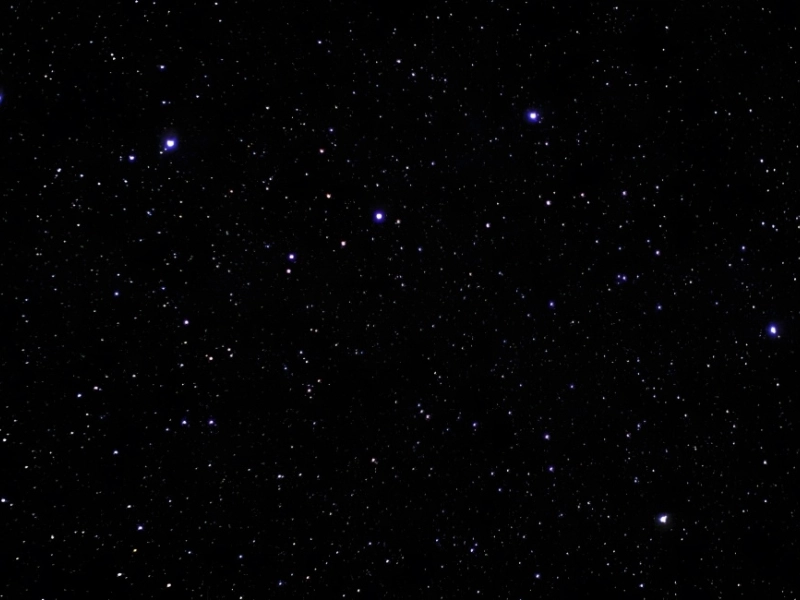The Concept of Zero-Point Energy Found Year: 1973
Discoverer: Edward Tryon
Location: Everywhere in the Universe
In 1973, physicist Edward Tryon introduced the concept of zero-point energy, which refers to the lowest energy state in quantum physics, often associated with vacuum energy. This theory posits that even in a perfect vacuum at "absolute zero," quantum fields experience oscillations, leading to fluctuations in energy.

Vacuum Energy: The Dynamic Nature of Space Source: NASA/Wikimedia
Contrary to the notion of empty space, vacuum energy is characterized as a frothing stew of virtual subatomic particles that are continuously created and annihilated. This dynamic activity generates an antigravitational force that influences the fabric of space itself.
One of the major mysteries surrounding vacuum energy is that there is currently no known source for it. This has led scientists to investigate why the universe is expanding at an accelerating rate, a phenomenon that may be linked to this elusive form of energy.